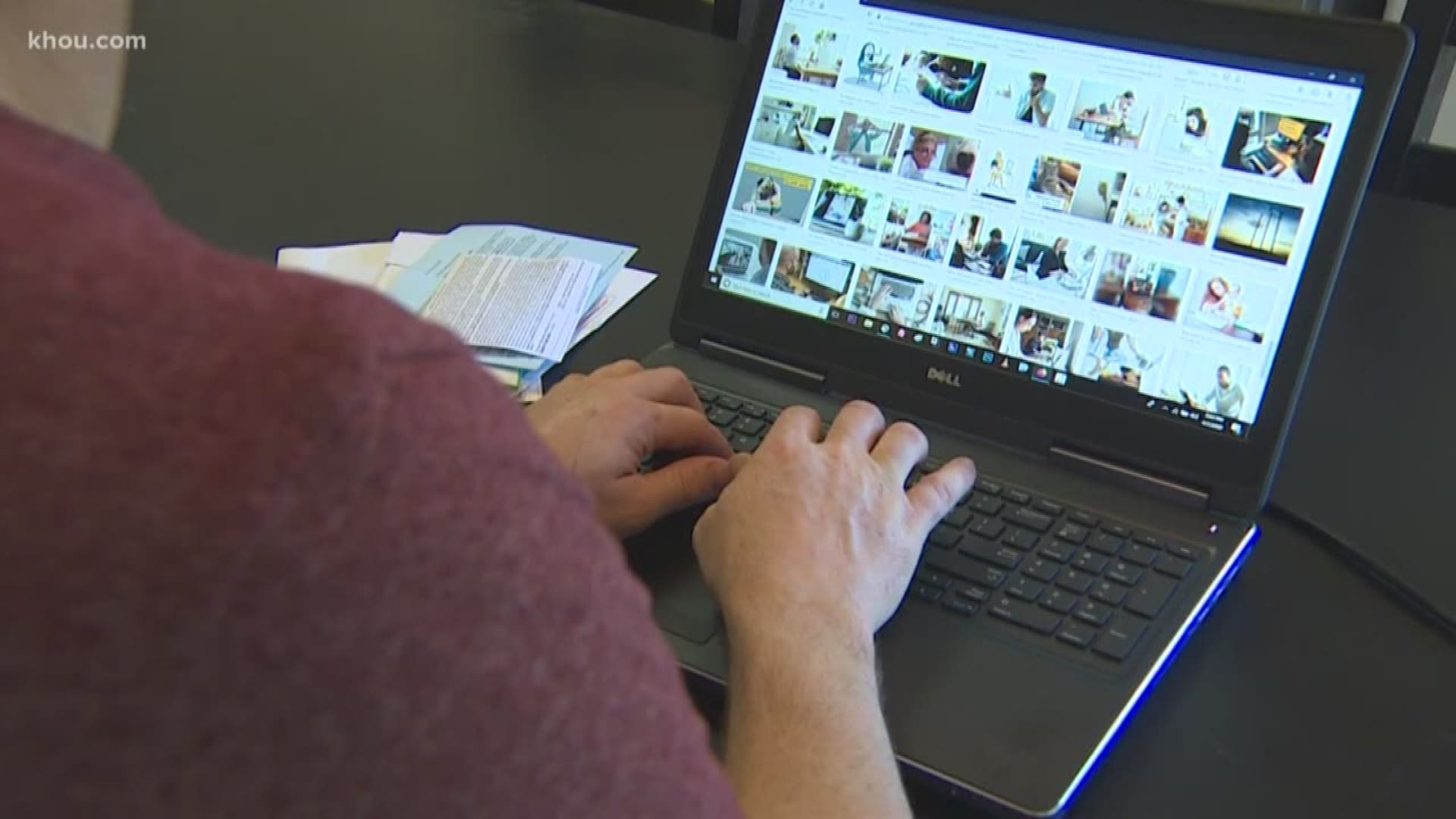HOUSTON — Residential electricity bills are expected to increase as COVID-19 has a whole new wave of people working from home and kids out of school. However, there is some relief for those economically impacted by the virus.
Jesson Bradshaw is the CEO of Energy Ogre, a company that helps its clients save money on electricity.
“Our whole goal is to assist customers and try to figure out how to navigate through all the different price plans that are out there with all different providers,” Bradshaw said.
He said utility companies are bracing for higher residential demand which means higher bills for homeowner. It comes at a tough time for many as people deal with layoffs due to COVID-19. That’s why the Texas Public Utility Commission voted to pass the COVID-19 Electricity Relief Program.
“What they will do is put you on this list that does not let the provider disconnect your services for non-payment for a temporary period of time," he said.
You do have to qualify for the program. Details can be found here.
For others hoping to lower their bills, Bradshaw said there is one major energy-sucking culprit.
“The biggest culprit in the house is going to be your air-conditioning units," he said.
He suggests making the temperature higher and changing the air filters. Another thing that can help is switching all home light-bulbs to LED bulbs.
Also, shop around. According to Energy Ogre, most people in Greater Houston are paying 15 cents a kilowatt when the market rate is about 9 cents.
“We have a resource on our website. It’s no obligation, just to give you an idea of where you are. It’s called our power checks. You can put in what your bill is and what your consumption amount was, and we will figure out what your effective rate is and tell you where we think you should be," Bradshaw said.
That information from Energy Ogre can be found here.
Coronavirus symptoms
The symptoms of coronavirus can be similar to the flu or a bad cold. Symptoms include a fever, cough and shortness of breath, according to the Centers for Disease Control. Some patients also have nausea, body aches, headaches and stomach issues. Losing your sense of taste and/or smell can also be an early warning sign.
Most healthy people will have mild symptoms. A study of more than 72,000 patients by the Centers for Disease Control in China showed 80 percent of the cases there were mild.
But infections can cause pneumonia, severe acute respiratory syndrome, kidney failure and even death, according to the World Health Organization. Older people with underlying health conditions are most at risk for becoming seriously ill. However, U.S. experts are seeing a significant number of younger people being hospitalized, including some in ICU.
The CDC believes symptoms may appear anywhere from two to 14 days after being exposed.
Human coronaviruses are usually spread through...
- The air by coughing or sneezing
- Close personal contact, such as touching or shaking hands
- Touching an object or surface with the virus on it, then touching your mouth, nose or eyes before washing your hands.
Help stop the spread of coronavirus
- Stay home when you are sick.
- Eat and sleep separately from your family members
- Use different utensils and dishes
- Cover your cough or sneeze with your arm, not your hand.
- If you use a tissue, throw it in the trash.
- Follow social distancing
Lower your risk
- Wash your hands often with soap and water for at least 20 seconds. If soap and water are not available, use an alcohol-based hand sanitizer.
- Avoid touching your eyes, nose, and mouth with unwashed hands.
- Avoid close contact with people who are sick.
- Clean and disinfect frequently touched objects and surfaces.
- If you are 60 or over and have an underlying health condition such as cardiovascular disease, diabetes or respiratory illnesses like asthma or COPD, the World Health Organization advises you to try to avoid crowds or places where you might interact with people who are sick.
Get complete coverage of the coronavirus by texting 'FACTS' to 713-526-1111.

